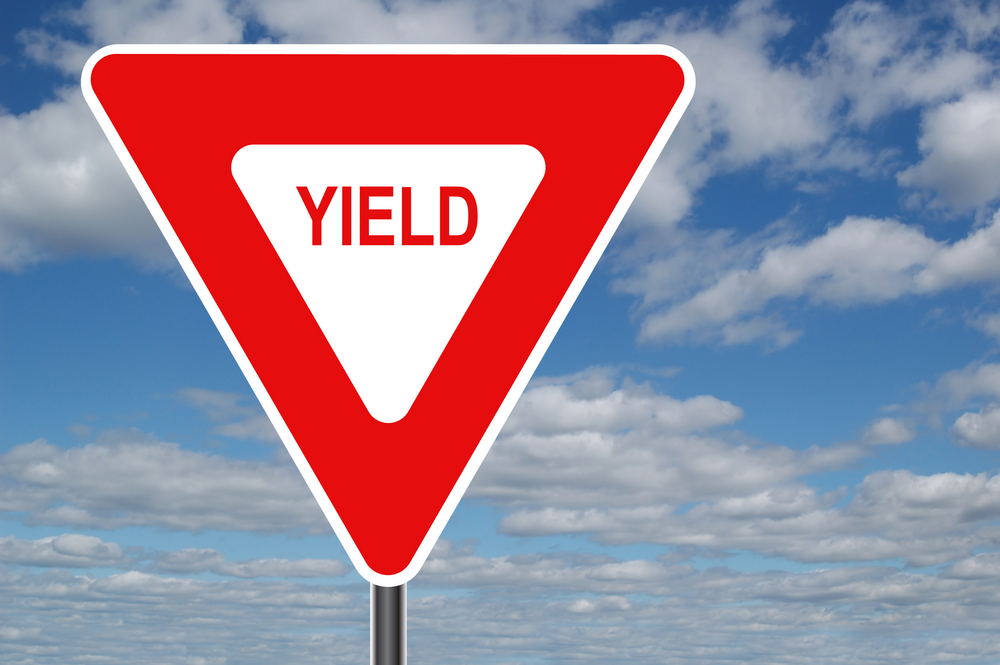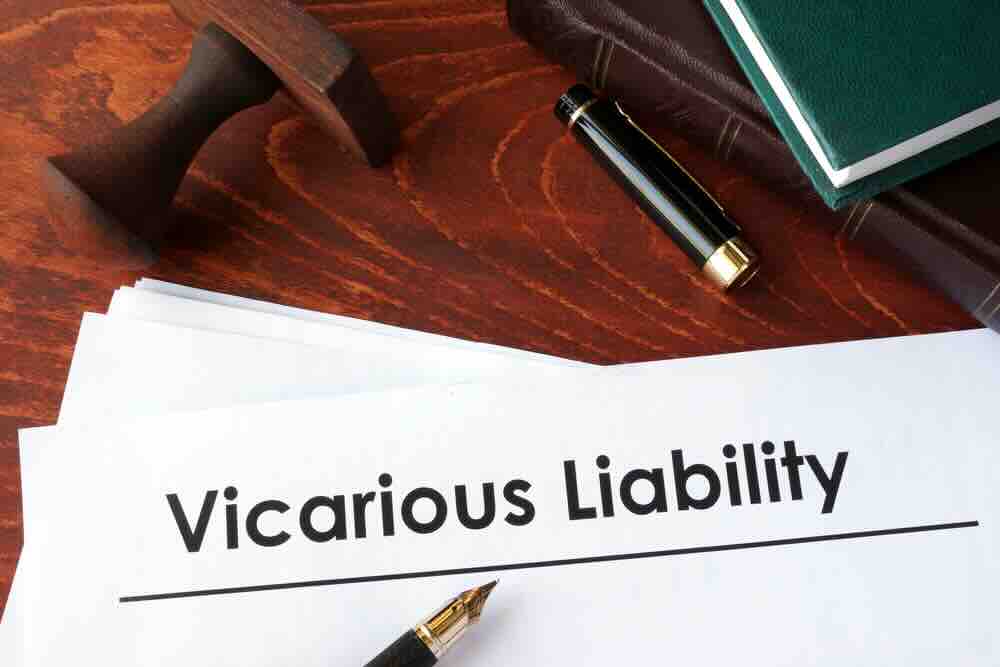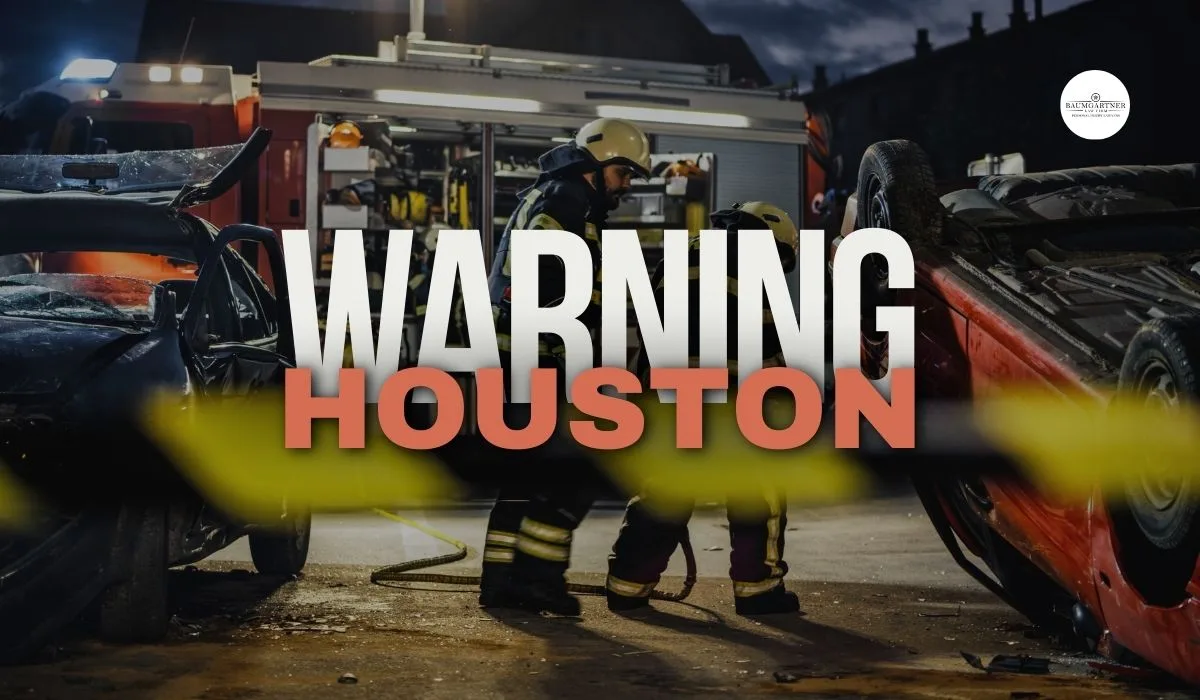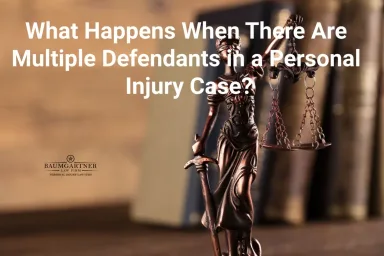For many drivers, the concept of right-of-way is simply a reference to the requirement to obey all traffic laws, including those at a controlled intersection. What yielding the right of way at a traffic signal and in other situations in Texas is the focus of this article.
Understanding what the obligation to yield means can help keep you and your family safe. One of the most common causes of car accidents in Houston that personal injury attorneys hear is the other driver’s failure to yield.
What Does Yielding the Right of Way Mean in Texas?
However, yielding to the right-of-way in Texas does not just refer to instances at a controlled intersection, but also to every aspect of driving, whether on a rural road facing a left turn, a dead-end, or merging onto a multi-lane highway.
There are two pivotal reasons why you should understand how one should yield when it comes to who has the right of way.
- Traffic tickets can be issued to those who violate traffic laws regarding right-of-way, even at intersections with no signals, yield signs, or stop signs. In addition, tickets can be issued to drivers who do not follow proper yielding to the right-of-way protocol at inoperable stoplights or when facing four stop signs.
- Failure to yield to the right of way can cause potential traffic accidents that range in severity. Some accidents can result in a minor fender bender. In contrast, a more serious truck accident involving a failure to yield can result in a prolonged stay at the hospital and even wrongful death.
Thus, one must understand when one has the right-of-way and when one should yield to the other cars and drivers on the road instead. Failing to yield the right of way (ROW) is one of the main causes of car wrecks.
Yielding the Right of Way Laws in Texas
Texas has its own statutes about the right-of-way. Texas right-of-way law is set out in Section 545.151 of the Texas Transportation Code.
Yield Signs
If you have a yield sign, you must yield to oncoming traffic. A yield sign marks many dangerous intersections, entry, and exit ramps.
Right-of-Way at Intersections
In Texas, one must yield to vehicles already in the intersection at an uncontrolled intersection.
If both vehicles arrive at a traffic light or intersection at the same time, the car on the right has the right-of-way.
When you see a stop sign and are turning right, continuing traffic has the right-of-way.
When turning left, you must yield to oncoming traffic.
The Emergency Vehicles Exception
Always yield to emergency vehicles with flashing lights and sirens. If a police car, ambulance, or fire truck approaches, yield to them and safely get out of the way.
Pedestrian Crossings
Texas law also provided rules for pedestrians crossing a street. Drivers must yield to pedestrians at intersections in crosswalks when the pedestrian is on the same side of the road as the driver. A pedestrian should not suddenly leave a curb and step into the path of a moving vehicle.
Read More: Understanding Pedestrian Right-of-Way Laws in Texas
Consequences of Failing to Yield: Legal Penalties and Liability
Failing to yield the right of way can result in severe legal consequences, including traffic citations, significant fines, and civil liability for injuries or damages caused. Understanding these repercussions is crucial for all drivers to prevent accidents and avoid potential legal issues.
Traffic Violations and Fines for Failing to Yield
A driver who fails to yield when required by law can receive a traffic citation from law enforcement. The specific penalty varies based on the nature of the violation. In most jurisdictions, a basic failure-to-yield ticket typically results in a fine and the accumulation of points on the driver’s record. However, when failure to yield leads to an accident, the financial penalties increase significantly.
- If a driver fails to yield and causes a collision that results in bodily injury, they may face fines.
- The fine may be between $214 and $269 in Houston, and $309 if the accident results.
- Accumulating too many points from traffic violations, including failure to yield, can lead to license suspension or revocation.
- Drivers who cause fatal accidents by failing to yield may face additional penalties, including criminal charges such as reckless driving or vehicular manslaughter.
Civil Liability for Accidents Caused by Failing to Yield
Beyond traffic citations and fines, drivers who fail to yield are legally responsible for any injuries or damages resulting from their negligence. When a driver violates right-of-way rules and causes an accident, the injured party can seek financial compensation through an insurance claim or personal injury lawsuit.
Compensation for Victims of Failure-to-Yield Accidents
Victims of failure-to-yield accidents can pursue compensation for various losses, including:
- Medical Expenses: This includes emergency care, hospital bills, surgery, physical therapy, and any ongoing medical treatment required as a result of the accident.
- Lost Wages: If the injured party is unable to work due to their injuries, they can seek compensation for lost income and diminished future earning potential.
- Pain and Suffering: Non-economic damages cover physical pain, emotional distress, and loss of quality of life.
- Property Damage: Compensation may include vehicle repair or replacement costs, as well as any personal property damaged in the accident.
Determining Liability in a Failure-to-Yield Accident
Proving liability in a failure-to-yield accident requires evidence that the at-fault driver violated traffic laws and directly caused the crash. Evidence used in these cases may include:
- Police reports detailing the traffic violation
- Witness statements from those who saw the accident occur
- Traffic camera or dashcam footage
- Accident reconstruction reports
- Medical records linking the injuries to the crash
Tips For Determining Right of Way in Houston
To determine who has the right-of-way over other vehicles when driving, consider the following guidelines to understand the rules of the road better:
- Always obey the given visual signal when in a controlled intersection with stop signs or traffic signs!
- In intersections that are not controlled, yield to any cars already at the intersection. If you and another vehicle arrive at the intersection simultaneously, yield to the car on the right. (see illustration above).
- When approaching an intersection with multiple-lane roads, such as a one-lane, two-lane, or lane that intersects with a larger road, all drivers on the smaller road must yield to cars that are on the larger or multi-lane road.
- When approaching a T-intersection, where one road ends in a dead-end street, the driver on the dead-end road must yield to traffic on the other, normal-sided street.
- When approaching a highway exit ramp, the driver on the access road must yield to cars on the exit ramp. Regardless of whether the traffic leaving the freeway will merge into a separate lane, one must still yield to cars on the exit ramp.
- The right-of-way must also be given to pedestrians in a crosswalk, persons using a guide dog for the blind, and persons using a white cane, whether or not it has a white tip.
Remember, you should never assume that the other driver or pedestrian will utilize the rules of the road! Just because eye contact is made between two vehicles does not mean the other individual will give you the right-of-way.
Be safe, slow down, and assume the worst. If you’re a friendly driver, sometimes letting the other car go is the safest approach, even if it’s your right to go first.
Thus, in addition to following these guidelines, you must also exercise appropriate caution when necessary.
Always remember that it is better to yield the right of way, drive safely, and arrive safely than to be right and be involved in a car accident that was not your fault.
Right of Way FAQ’s
Should drivers yield the right of way when approaching a highway exit ramp?
When approaching a highway exit ramp, the driver on the access road must yield to cars on the exit ramp.
Yielding the right of way when arriving at an intersection simultaneously with another vehicle?
If you and another vehicle arrive at the intersection simultaneously, yield to the car on the right.
Yielding the right-of-way at intersections that are not controlled?
In intersections that are not controlled, drivers should yield to any cars already at the intersection.
What about at T-intersections?
At a T-intersection, where one road meets a dead-end at its junction with another road (where you can turn right or left but not go straight), the driver on the dead-end road must yield to all cross-traffic traveling on the through street.
How should drivers yield the right of way at intersections with multiple-lane roads?
At intersections with multiple-lane roads, drivers on the smaller road must yield to those on the larger road.
Right of Way Laws and a Car Accident Injury Case
One key element of a successful car accident claim is proving who was at fault. The injured person who brings a case is required to prove that the defendant was at fault. Violating a law or statute can significantly contribute to establishing liability.
If you are injured in a car accident in Houston, right-of-way laws can assist in establishing who was at fault for the crash. And if you can prove fault by violating a statute or otherwise, it can help you get the compensation you deserve.
Hiring an attorney with experience in car accident cases can help you achieve fair compensation.
Get an Attorney for Your Accident Claim
An experienced attorney can advance your interests through a settlement or a lawsuit for your case. If the crash was not your fault, consider at least talking with a car accident attorney about your claim. Baumgartner Law Firm offers a free, no-obligation consultation to discuss your rights and options.

Contact the Car Accident Lawyer in Houston at Baumgartner Law Firm for Help
If you were hurt in a Houston car accident, call (281) 587-1111 for a no-obligation consultation with an experienced car accident lawyer in Houston.
Contact the Houston personal injury law firm of Baumgartner Law Firm at (281) 587-1111.
Baumgartner Law Firm
6711 Cypress Creek Pkwy
Houston, TX, 77069
NO CHARGES FOR AN INJURY ACCIDENT CONSULTATION!
Related Resources:
Negligence in Texas Pedestrian Accident Cases
Understanding Right of Way at Intersections in Texas
What Happens If You Don’t Report a Car Accident in Texas?













